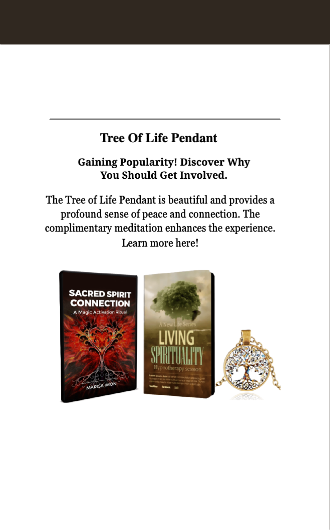
Mindfulness and Self-Awareness: Tools for Daily Living
Key Takeaways
- Mindfulness enhances self-awareness, leading to personal growth.
- Daily practices of mindfulness can significantly improve your mental clarity.
- Philosophical insights help ground mindfulness practices in meaningful concepts.
- Simple tools and techniques can be easily integrated into everyday life.
- Reflective exercises are vital for nurturing self-discovery and awareness.
In the fast-paced world we live in, taking time to cultivate mindfulness and self-awareness can truly transform our daily experiences. By integrating philosophical insights and practical tools, you can develop a deeper connection to yourself and the world around you. In this article, we’ll explore how to enhance your mindfulness and self-awareness through various techniques tailored for everyday use.
The Importance of Mindfulness and Self-Awareness
Mindfulness is about being present in the moment and acknowledging your thoughts and feelings without judgment. Self-awareness is the capacity to turn this mindfulness inward, allowing you to understand your triggers, motivations, and behaviors. Together, these practices can lead to profound changes in your day-to-day life.
Benefits of Practicing Mindfulness
- Reduces stress and anxiety
- Enhances emotional regulation
- Improves concentration and focus
- Promotes overall well-being
Practical Tools for Mindfulness
To start your journey toward enhanced mindfulness and self-awareness, consider integrating the following tools into your daily routines:
| Tool | Description | How to Implement |
|---|---|---|
| Meditation | A practice of focusing the mind to achieve a mentally clear and emotionally calm state. | Set aside 10 minutes daily to sit in a quiet place and focus on your breath. |
| Mindful Journaling | Writing down thoughts and feelings to enhance self-reflection. | Spend 5-10 minutes each day writing about your experiences and feelings. |
| Breathing Exercises | Techniques to promote relaxation and focus. | Practice deep breathing for 5 minutes several times a day, especially in stressful moments. |
| Body Scan | A technique to focus on different parts of the body and relax them. | Lie down comfortably and mentally scan your body from head to toe, relaxing each part as you go. |
| Gratitude Practice | Reflecting on things you are thankful for to foster positivity. | Make a list of three things you’re grateful for each day. |
Simple Mindfulness Exercises
In addition to tools, incorporating simple exercises into your day can help strengthen your mindfulness.
- Mindful Walking: As you walk, pay attention to the sensations in your feet and the rhythm of your breathing.
- Five Senses Exercise: Take a moment to acknowledge what you can see, hear, smell, taste, and touch around you.
- Mindful Eating: Eat slowly, savoring each bite, and paying attention to the flavors and textures of your food.
Philosophical Insights into Mindfulness
Understanding mindfulness through a philosophical lens can deepen your practice. Consider the following philosophical concepts that can enhance your approach:
| Philosophy | Key Insight |
|---|---|
| Buddhism | The concept of mindfulness (sati) as being aware of the present moment. |
| Stoicism | Understanding what you can control and what you cannot, fostering acceptance. |
| Existentialism | Emphasizing individual experience and the search for meaning. |
Reflective Exercises for Self-Discovery
Self-awareness thrives on reflection. Engaging in specific exercises can lead to deeper understandings of your thoughts and behaviors.
- Self-Interview: Ask yourself questions about your motives and feelings.
- Daily Reflection: At the end of each day, reflect on your actions and decisions, considering what you learned.
- Values Assessment: List your core values and evaluate how they align with your current actions.
Pros
- Enhances emotional intelligence.
- Encourages personal growth and self-discovery.
- Improves relationships through better understanding.
Cons
- May require time to master
- Initial discomfort during self-reflection
Integrating Mindfulness Into Your Life
While starting the journey can seem overwhelming, integrating mindfulness into your daily routine doesn't have to be complicated. Small changes can lead to significant transformations.
- Start each day with a brief meditation.
- Set reminders to practice mindfulness throughout the day.
- Join a community or group focused on mindfulness practices.
As you navigate through your journey, remember to be patient with yourself. Mindfulness and self-awareness take time to develop, but the benefits are profound and enduring.
Conclusion
Incorporating mindfulness and self-awareness tools into your daily life can significantly enhance your overall well-being. By exploring both practical and philosophical perspectives, you can foster a deeper connection to yourself and the world around you. For further resources on enhancing personal growth, check out our Personal Growth Resources category, or explore Mindfulness Techniques to implement in your daily routines.


